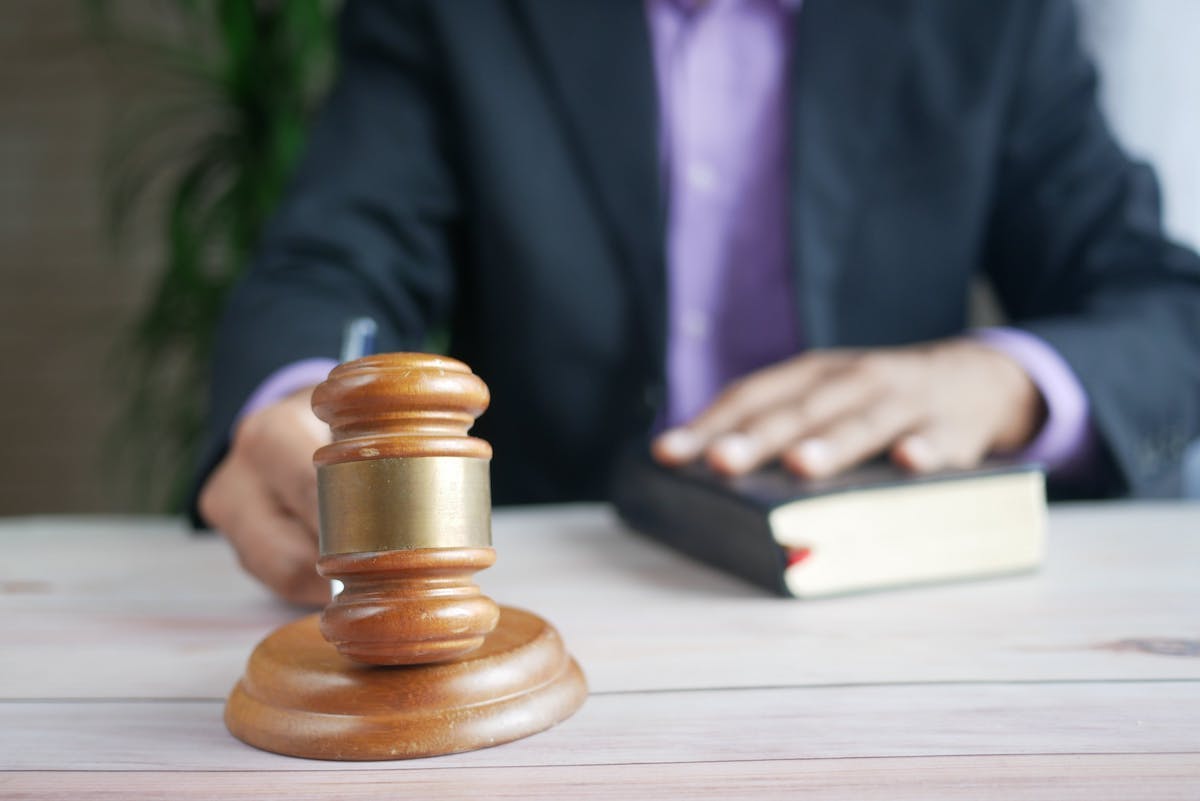Blog
Civil Litigation
How Do You Prove Defamation in Court?
Defamation is a false statement made about someone that harms their reputation. Proving defamation in court typically involves demonstrating that certain elements of defamation are present.

Types of Evidence a Defamation Lawyer Will Present in Court to Prove Defamation
Experienced Pittsburgh libel and slander lawyers may present various types of evidence in court to prove a defamation case.
The Defamatory Statement Itself
The lawyer will present the allegedly defamatory statement as evidence. This can include written or printed publications, audio recordings, videos, or any other form in which the statement was made.
Witness Testimony
Witnesses who heard or read the defamatory statement and can testify about its impact on the plaintiff's reputation may be called to the stand. These witnesses can include friends, family members, colleagues, or other individuals with knowledge of the situation.
Expert Testimony
In some cases, experts may be called to testify about the damage caused to the plaintiff's reputation. For example, an expert in public relations or reputation management may provide their assessment of the harm suffered.
Documentation
Any written or digital evidence that supports the case may be presented. This could include emails, text messages, social media posts, or other forms of communication related to defamation.
Publication Records
If the defamation occurred in a printed publication or online, the lawyer may present records showing the publication date, distribution, and readership of the defamatory content. This can help establish the reach of the statement.
Corroborating Evidence
Additional evidence that supports the plaintiff's claim, such as other statements or actions by the defendant that further demonstrate their intent to harm the plaintiff's reputation.
Defendant's Knowledge and Intent
Evidence that demonstrates the defendant's knowledge of the statement's falsity or reckless disregard for the truth, particularly in cases involving public figures.
Public Response
Evidence of how the public, including online communities and social media users, reacted to the defamatory statement and whether it was widely circulated.
Retraction or Apology
If the defendant issued a retraction or apology, this may be presented as evidence in the case. It can affect the determination of damages.
Character Evidence
In some cases, the character of the plaintiff and the defendant may be relevant. The lawyer may present evidence of the plaintiff's good reputation before the defamatory statement or evidence of the defendant's reputation for making false statements.
How to Prove Actual Damages Caused Due to Defamation?
Proving damages is a key element of a defamation case, as it establishes the harm suffered by the plaintiff as a result of the defamatory statement. Here are some common types of evidence that a Pittsburgh defamation attorney may present in court to prove damages:
- Testimony of the Plaintiff: The plaintiff can describe how the statement affected their personal and professional life, their emotional distress, and any financial losses incurred.
- Expert Testimony: An expert witness, such as a psychologist or psychiatrist, may provide testimony about the emotional and psychological distress experienced by the plaintiff as a result of the defamation. Economic experts may also testify about the financial losses incurred.
- Witness Testimony: Witnesses who can attest to changes in the plaintiff's reputation, relationships, or business opportunities as a direct result of the defamatory statement may be called to the stand.
- Documentation: Any relevant documents, such as financial records, employment records, or records of lost business opportunities, may be presented to demonstrate economic damages.
- Records of Lost Opportunities: Any evidence that demonstrates specific job opportunities, business deals, or contracts that were lost as a direct result of the defamation can be presented as evidence of economic damages.
- Mental Health Records: If the plaintiff sought counseling or treatment for emotional distress resulting from the defamation, their mental health records may be introduced as evidence.
- Character Witnesses: Witnesses who can testify to the plaintiff's character and reputation before the defamation may be called to establish the harm done to their standing in the community.

Choose an Experienced Pittsburgh Defamation Lawyer to Restore Your Reputation and Claim Damages
If you are facing the damaging effects of defamation and seeking seasoned legal advocates to stand by your side, Very Law is here to help. Our team of dedicated defamation attorneys, led by attorney Ryan Very, will work hard to protect your reputation and pursue justice.
With a commitment to personalized and results-driven representation, we are ready to fight for your rights and guide you through the legal process. Contact Very Law today and discover how we can help you regain your peace of mind and restore your good name. Call us now at 412.430.0131 or contact us online to schedule your free consultation.